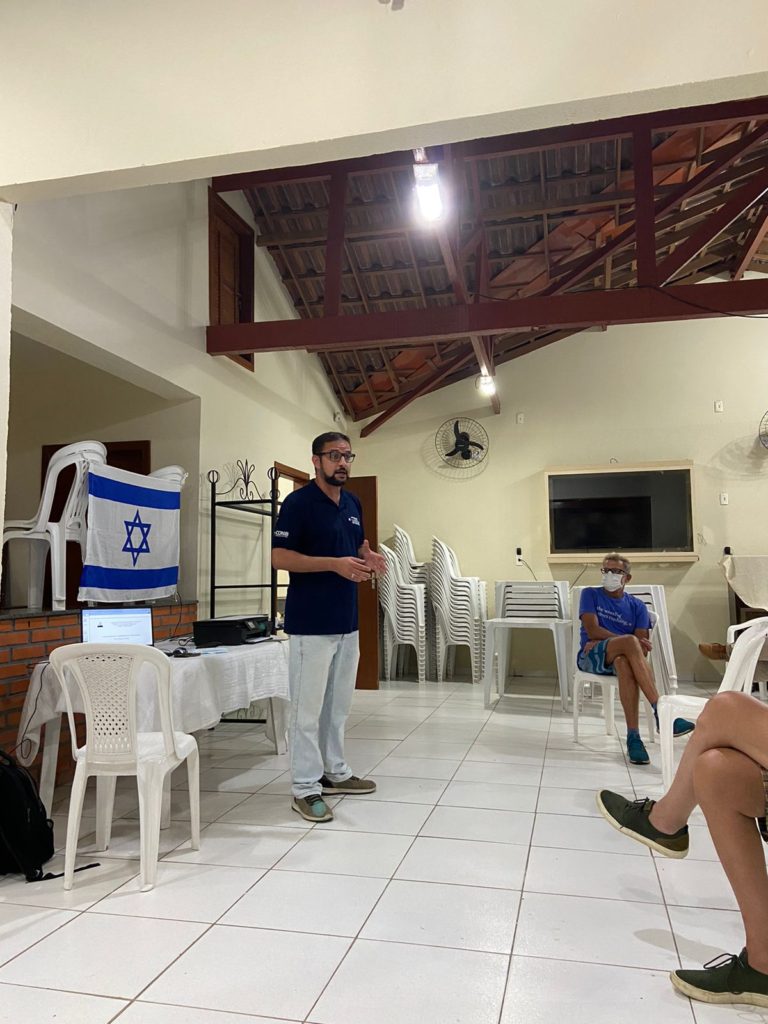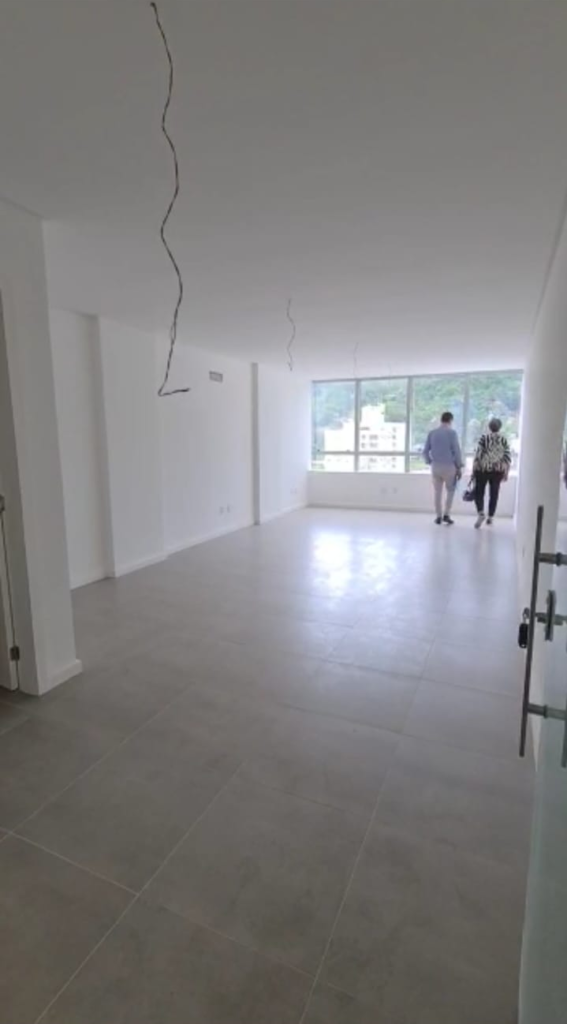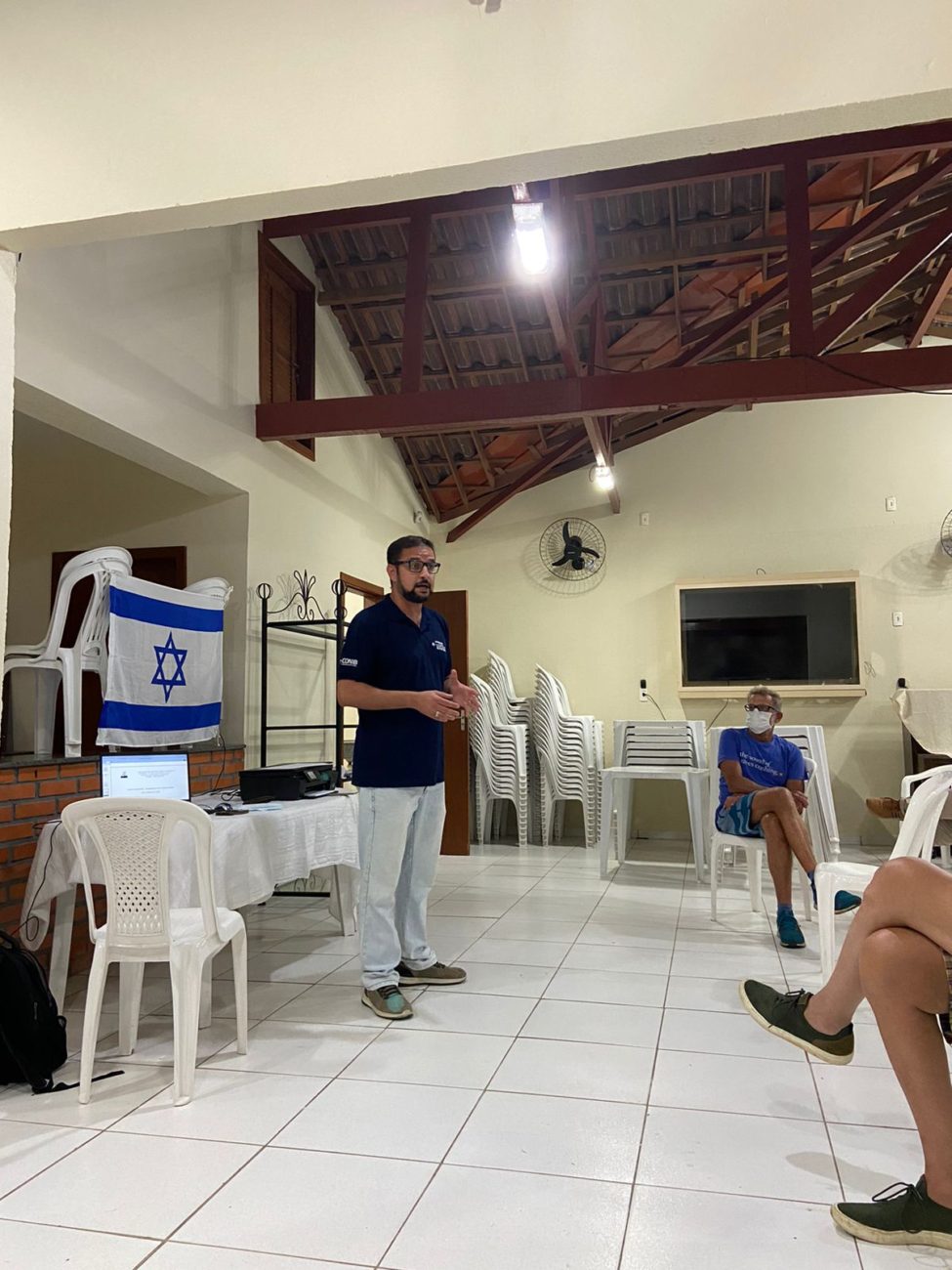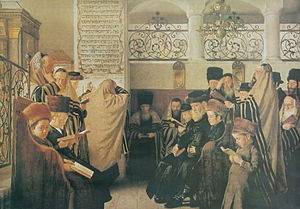Santa Catarina, Brazil March 8, 2022 – Santa Catarina Israelite Association (AIC), in affiliation with the Brazilian Israelite Confederation (CONIB), has acquired its first property, after 32 years of existence.
Current AIC president and Sephardic U’s Latin American Community Leader, Eduardo Gentil announced, “On behalf of the current board of AIC, I would like to express our thanks to all colleagues from previous administrations of AIC. The good work of all those who preceded us formed the necessary foundation for this great benchmark in our growth.”
Sephardic U co-founder, Nathaniel Pool expressed his pride saying, “Dr. Gentil and his community have worked passionately to reach this benchmark. It is extremely important for the Santa Catarina Jewish community to expand its physical presence in order to serve their growing community. We wish them continued success.”
Gentil continued, “I am also grateful for the valuable donation from Mr. Jacques Schweidson Z”L and family. Without their tremendous contributions to the Jewish community of Santa Catarina, this dream would not have come true. I also want to express my deepest gratitude to all the members of the community. This Jewish center was designed for you, by you.”



ABOUT SANTA CATARINA ISRAELITE ASSOCIATION (AIC)
It is a non-proft organizating that unites the Jewish community of Santa Catarina, as well as its relatives and friends.
Its main objectives are to foster Jewish and universal culture in Brazil, to foster community spiritual integration, to encourage the Jewish community’s cultural and social ties to the State of Santa Catarina and the country, and to strengthen spiritual and cultural ties with similar organizations. All of this takes place in the community as its center of activities which develops social, cultural, religious, recreational and sports activities.
ABOUT SEPHARDIC U
Our goal is to educate and empower Sephardic Jews, connect them to their ancient historical roots, and bring forth a rejuvenation and flourishing of the renaissance Sephardic spirit.
Discover, decode, and own your cultural, spiritual, and intellectual DNA. Explore the science, poetry, food, and music of the Sephardic world which are all parts of a rich tapestry. Sephardic Jewry has always been modern and adaptive, with roots deeply planted in ancient tradition and leaves drinking with joy the sunlight of an ever changing world. The key to a successful future of the Jewish people is in the inclusive and embracing Sephardic approach which does not need to seal itself in a cocoon because it feels powerful and confident in its knowledge, identity, and commitment. In Sephardic U we believe that you can perfectly balance tradition and modernity, Torah and science, Halacha and culture.
Welcome to the future.









Parashat Behar – Weekday Torah Reading (Moroccan TeAmim)